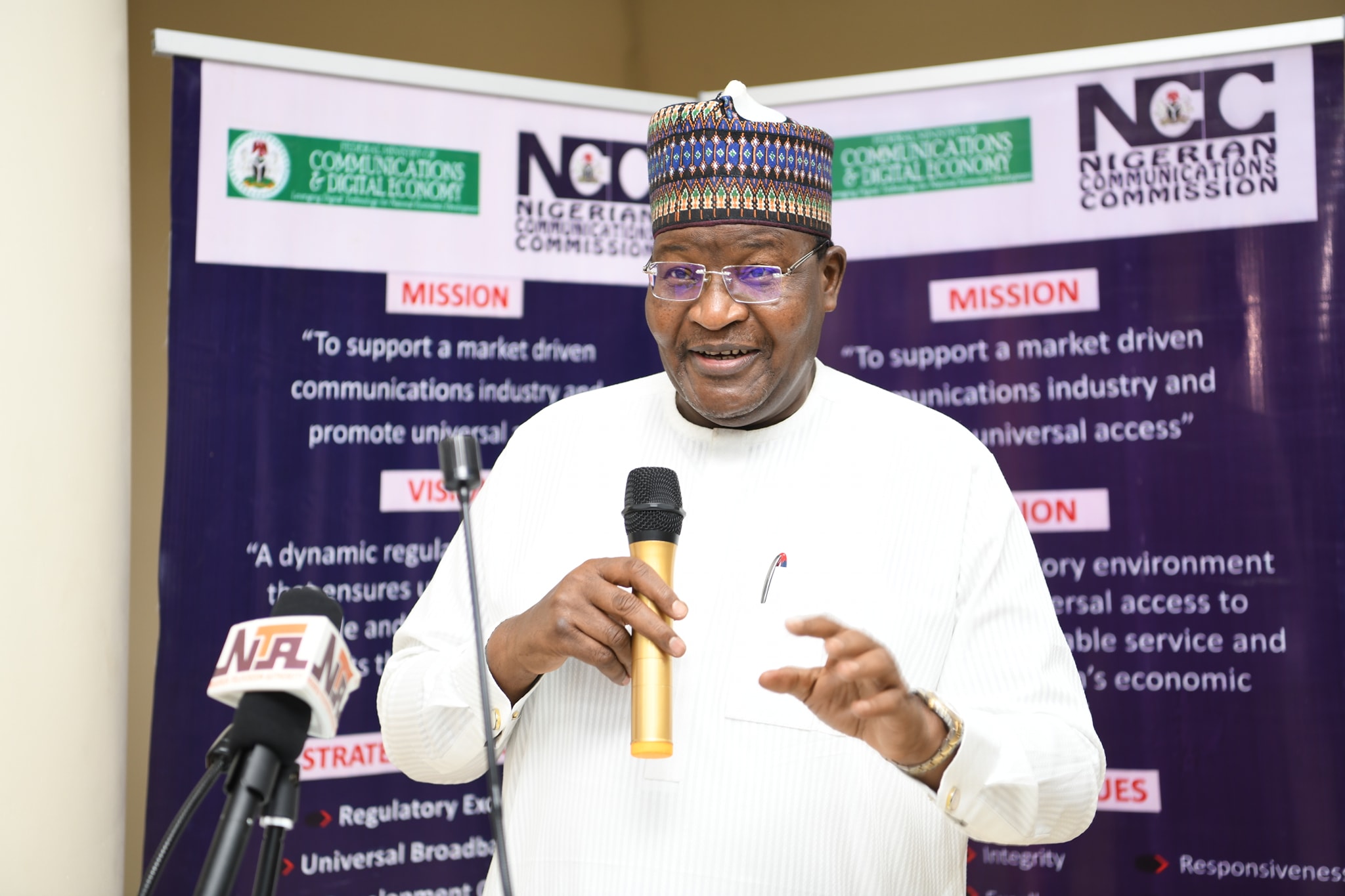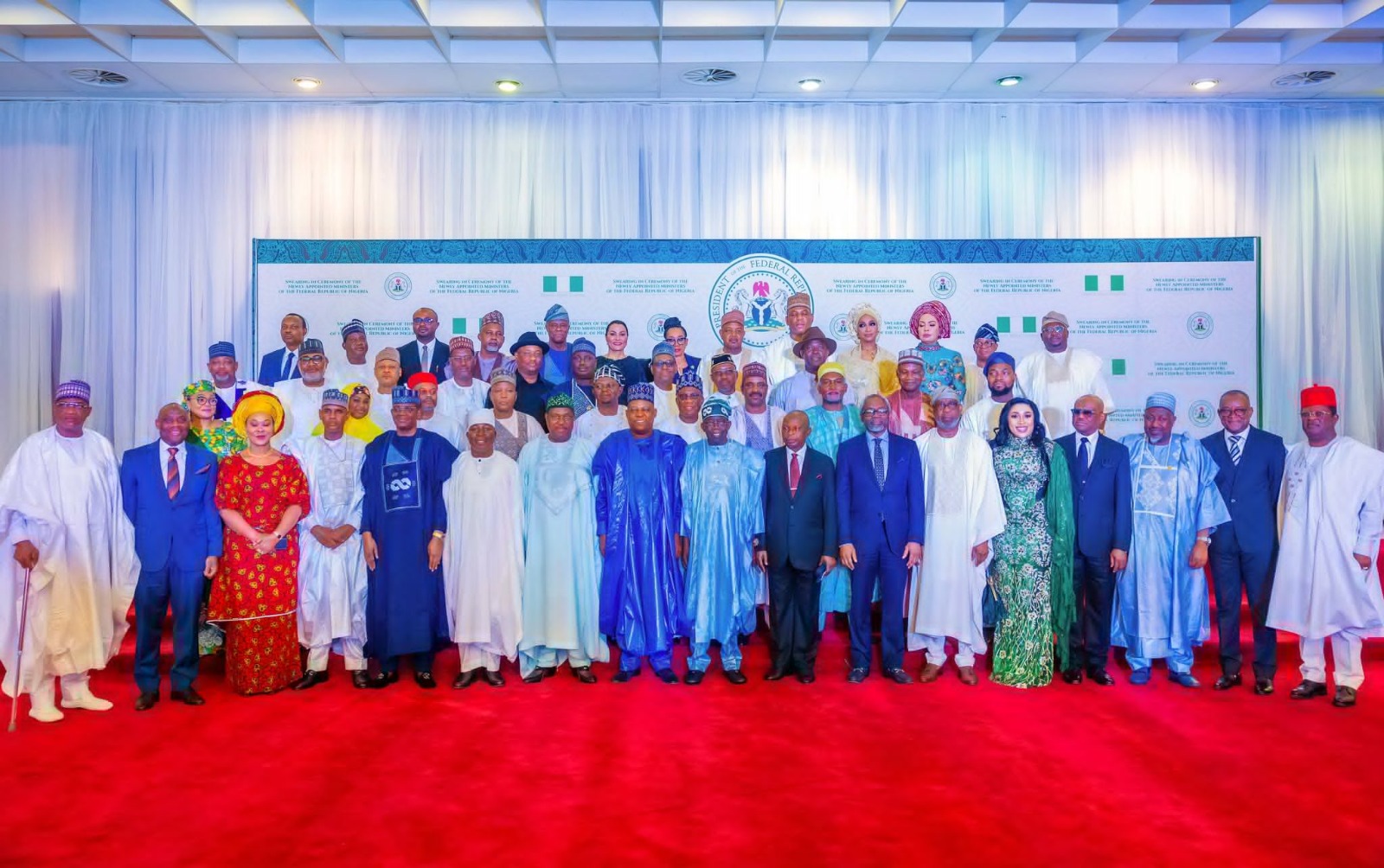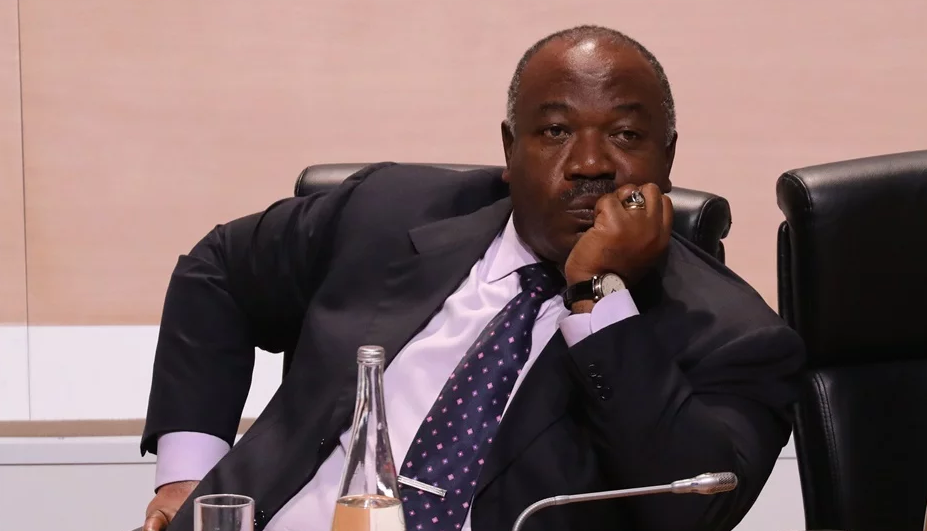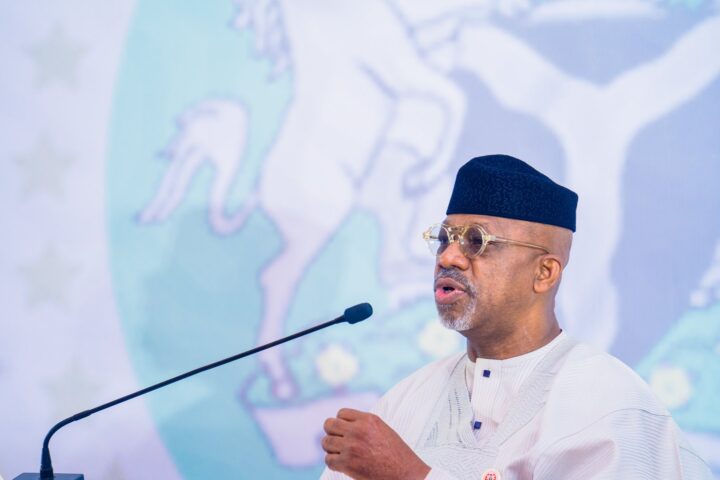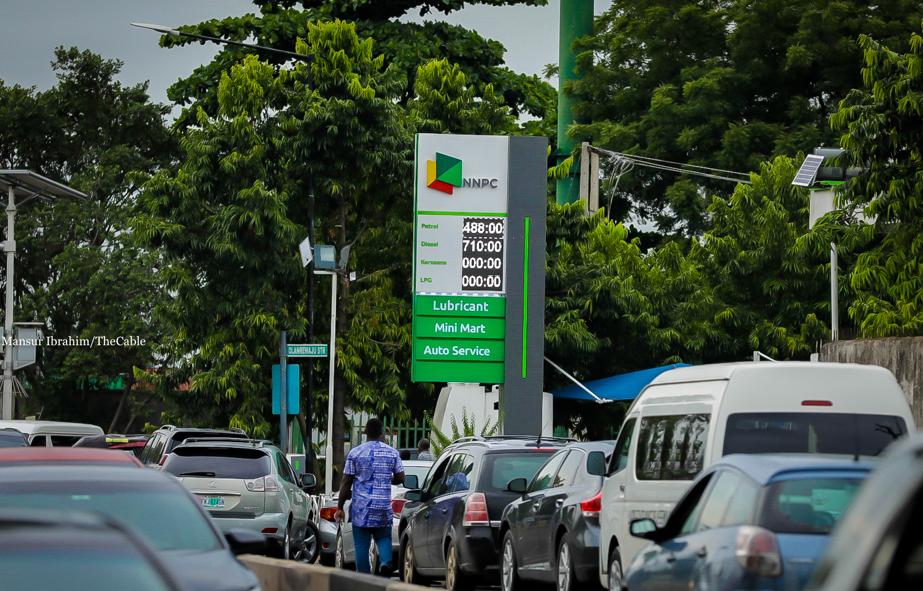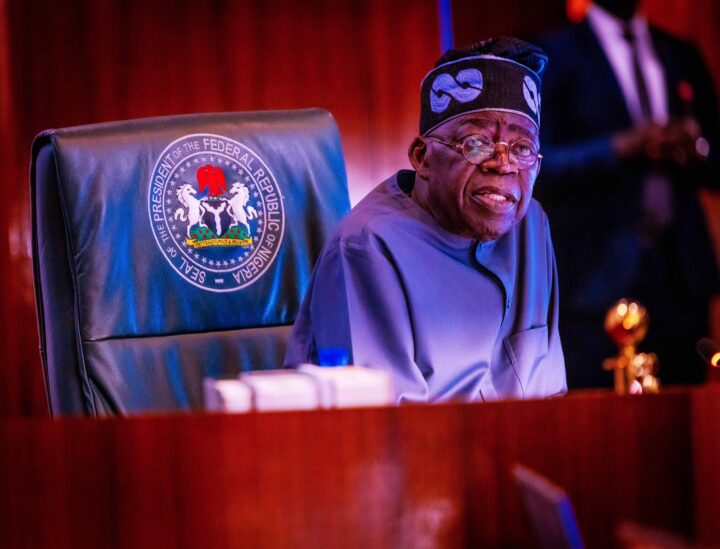Last week’s revelation about one aspect of the nation’s information and communication technology (ICT) profile has set me thinking. The Executive Vice Chairman of the Nigerian Communications Commission (NCC), Prof. Umar Danbatta, told an audience in Abuja that, globally, the country was 11th in internet penetration and seventh in the usage of mobile phones. This ranking translates to huge potentialities. It should ordinarily evoke a sense of pride in and hope for our capacity to achieve phenomenal successes in an era that’s increasingly digitalised. Nigeria is also reported to account for 82 percent of Africa’s telecommunications subscribers and 29 percent of its internet consumption. Sadly, however, one’s enthusiasm is bound to fadewhen our socio-economic climate is considered. Ours is still largely a story of untapped, unprocessed items and opportunities; a record of missed chances to develop resources in order to heighten their profitability.
The results of the 2022 Network Readiness Index (NRI) investigations validate these fears. Nigeria took 109th out of the 131 countries assessedto ascertain the vitality of digital communications. Four parameters were employed to determine the performances of the various countries namely, infrastructure, governance, people and impact of the technology. Penetration which is thepercentage of the entire population that can access the internet becomes a latent factorwaiting to be thoroughly serviced andgalvanised.Of what use is the availability of this critical aspect of modern life when it’s heavily underutilised?
Truth is, in a period driven by globalisation and the digitalisation of the marketplace, Nigeria can’t afford to wallow in retardation. The benefits of joining the rest of the progressive, internet-saturated world are just too compelling to be ignored. I totally agree with a 2019 article written by Abdul Kareem Abdulghani titled, “How Internet Access Can Boost Economic and Social Development”. His words: “Social media, search engines and online marketplaces as well as the convergence of these platforms with nearly all existing activities have permeated and impacted society, productivity, economic growth and business creation. These platforms have also changed the way in which public services, healthcare and education are provided and shared.
“In developing countries, the internet has the potential to do not just the same but more, as it allows the delivery of the knowledge economy today without the need for some of the infrastructure that these countries have lacked for many years. It is crucial that developing countries understand the impact on the economic development that technology can have; a large increase in GDP growth and productivity and improvements in health conditions and education opportunities. Beyond the benefits that the internet is already bringing, this provides a clear potential to reduce poverty and promote long run economic and social development.” Meaning, internet is a present-day oil well, a resource with superlative potentials if adequately harnessed.
Advertisement
It’s actually how best and fast that we can solve penury and return to the path of speedygrowth that we’re desperately in need of at the moment. Poverty is a milder and more familiar form of lack than penury. Since Nigeria unseated India as host to the largest number of extremely poor human beings in the heat of the Covid19 pandemic, it hasn’t shown any sign of pulling back from the brink. All known macro and micro socio-economic indices of rational development have nowbecome alien to a country that could once hold its own among the comity of serious nations. From one jaundiced policy and its attendant disjointed implementation to another, Nigerians have continued to witness the multiplication of their woes, avoidable, long-foreseen afflictions, thereby making them even more painful.
The people, majority of whom are young and aware of the availability of internet, are reminded daily of their widening predicaments. The news media, never in short supply of headlines, could be experiencing one of its most creative, demanding periods yet. Last Tuesday’s frontpage of THISDAY newspaper presented representative samples: “We’re in Big Mess, Shettima Declares on Economy”, “Falana to FG: It’s Not for Market Forces, IMF, W’Bank to Fix Forex Rate”, “Nigeria Gradually Grinding to Halt under Tinubu, PDP Alleges”, “At Maiden FEC Meeting, Tinubu Charges Ministers to Revive Nation’s Ailing Economy”. So, the country is clearly at the precipice, some would argue, on life support or gasping for breath. Andbeing in an emergency ward requires urgency and precision especially on the part of the care givers.
President Bola Tinubu has just sworn in ministers who are trying to settle down for work and find their rhythm. It’s not only the Ministry of Communications that should bother itself with the involvement of telecommunication technologies in the task of nation-building. One way or the other,this is arevolution that should attract the attention of every component of private, public and corporate life. It’s clear, too, that the internet which has been instrumental to the rapid transformation taking place around the globe can have the same impact in our own environment.
Advertisement
Here’s how it can work. Government at various levels and their agencies need to play pivotal roles in infrastructural development andmass orientation. The private sector, non-governmental organisations (NGOs), faith-based institutions, and others should also be in the party for the optimal exploitation of the internet. A key password in the industry is innovation, a word synonymous with change which is not always received favourably andenthusiastically. It’s not often easy to migrate from the analogue to the digital mode of communication. Investment should, therefore, be made in all the areas that can reposition the sector in Nigeria to compete creditably on the international scene. This nation can indeed become a hub where the potentialities are readily and regularly converted to visible, lucrative outcomes.
For long, concerns about the employability of the teeming graduates in this country have been expressed at various fora. Holders of all sorts of certificates without the commensurate knowledge or skills. Now that there’s hardly any contemporary discipline outside the overarching influence of ICT, relevant learning is also inevitable, especially if currency and marketability areprioritised.When proper preparations meet desirable opportunities, actualisation occurs. The youths, in particular, have to launch beyond their present preoccupation with the social media, in most cases chatting their talents, time and energies away. Their focus needs tobe redirected from merely creating and consuming contents on Twitter, Instagram, Facebook, and others just for the fun of it. This is not to trivialise leisure but to insist that unless online activities are exercisedin ways that produce lasting rewards, excessive indulgence could become traps.
The quest to reinforce and maximise the pre-eminence of the internet should earnestly start now. Which better way than reviewing the curricular of both the elementary and basic tiers of education. Let’s take a cue from the advanced world which has perfected the art and science of catching them young. One phenomenon that can’t be wished away is the growing ascendancy of screen over printed matter as a platform of communication. With greater access to different appliances and more preference for internet-based materials, prospects for digital literacy and related skill development have become enhanced. Collaboration between the various stakeholders, beginning, of course, with policy makers and enablers, isn’t optional in the fight to truly enthrone this unique medium of mass communication and brighten its viability as a sustainable means of wealth creation, among other pluses.
Just think of the sheer number of those who use handsets in Nigeria.How successive Nigerian governments have failed to attract the manufacturers to the country beats my imagination. Numerous jobs would simply have been created that way. The prices of the packages andtheir parts would have reduced considerably. Surely, much more must bedone as we descend fully into the world of Artificial Intelligence.
Advertisement
Ekpe, PhD, is a member of THISDAY Editorial Board.
Views expressed by contributors are strictly personal and not of TheCable.

